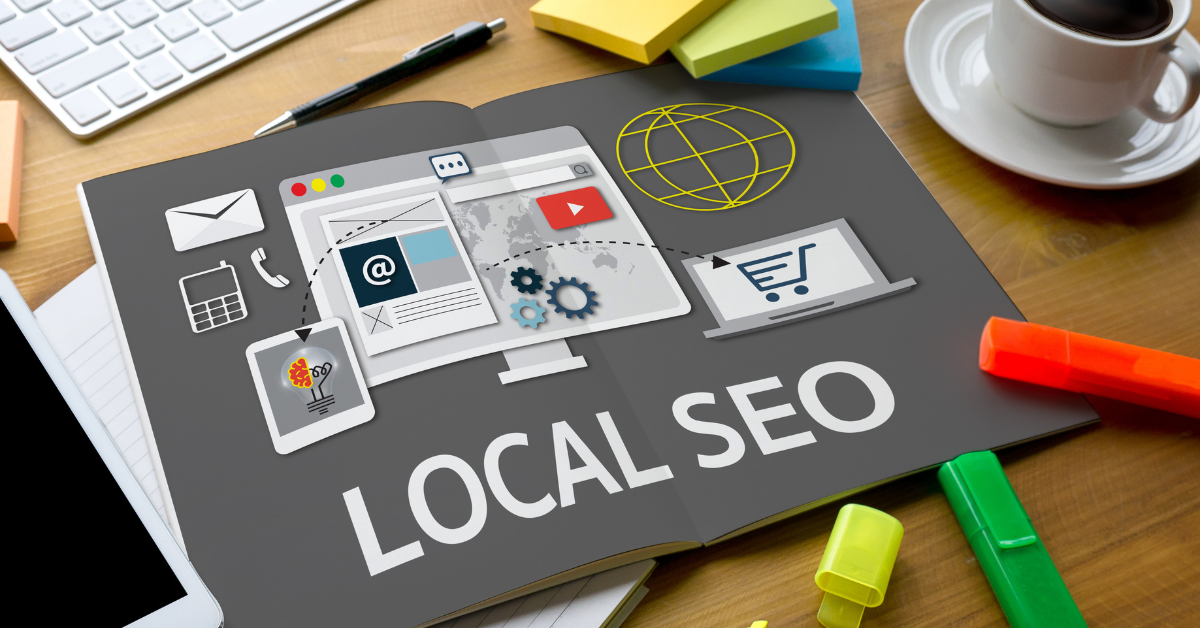Review your social media accounts constantly
Even if you have everything under control, it is important to review your settings and features regularly. You may need to make changes or additions as your business grows.
This can include changing your privacy settings, creating new profiles, switching from free to paid services, etc.
It is also important to ensure that your online presence is authentic and not over-the-top with the number of followers you have.
You don’t want to seem like someone trying too hard to look popular. As with any tool, people will use it to evaluate your success level or lack thereof.
Social media has become an integral part of our lives, so using it for your business means being conscious of this. Take time to assess how things are going and fix anything that needs fixing!
Pay attention to social media signals
A growing number of businesses manage their accounts by using so-called social signal tools to monitor and evaluate their performance in terms of likes, comments, shares, and other activity.
Social signals are valuable indicators of how well your business is performing across all of the major social platforms — not just Facebook, but also Twitter, Instagram, and YouTube.
By paying close attention to these social signals, you can identify areas where your business needs help and work on improving its engagement or credibility with this audience.
It’s very common for entrepreneurs to spend time focusing only on what they’re marketing, and less time looking at the numbers and determining whether those numbers are positive or negative. It’s important to look beyond your own impressions of your market acumen and assess the perceptions of others.
These external sources can be even more powerful than personal ones since people who use social media feel a stronger connection to brands that resonate with them.
Tell your clients all the time
It is very common for business owners to feel nervous or even uncomfortable telling their current customers that they have new services or products.
If you are offering free consultations, why tell people about it? If you are changing your prices, what if some of them can’t afford to stay in business?
By telling your clients all the time, you take the risk of hurting their feelings, but there are ways to do it with caution.
The best way to do this is by using indirect messaging. Rather than saying “x product line is bad because it doesn’t work,” say something like, “I don’t think
Respond to clients and customers immediately
Sometimes you will need to respond to an unhappy customer or client on one of your accounts. This can be done in person, via phone, chat apps, or through another channel that they have included you with.
Be honest and direct about what happened and why it is important to manage their expectations and how these things happen all the time.
Doesn’t always go well but by being upfront and clear – sometimes it does!
This will help them feel more able to deal with you and move onto better things. Plus, you’ll win some respect for your honesty and communication skills.
It also helps to understand where this comes from.
Many times, business owners start thinking about improving their business and marketing strategies at the end of the day.
That doesn’t necessarily mean work hours before bedtime!
But if you’re in the middle of something else when someone calls or messages you, it’s good to take a break and review the situation later. It’ll give you time to reflect and address the concerns properly.
Do not share your bank account information
It is very common for business owners to offer their customers online payment options through social media sites. However, sharing your banking info like your login credentials and routing numbers is never okay.
If you are offering such services as Paypal or Credit Card accounts, it is totally acceptable to add this detail to your profile. But do not include your banking info unless you have verified that you own the payed service!
By including too much personal information, people can access your accounts without your permission. This is why we do not give out our financial information in the first place – because of things like this!
Create a personal website
Even if you already have an existing website, it is time to start updating your online presence.
This means creating a personal website or starting from scratch with a free platform like WordPress or Shopify.
Your personal website can be anything – you’re not supposed to look professional while sleeping!
It does not need to include your full business profile as long as it is clear and identifiable. It should however contain at least a link to your social media accounts so people can connect.
You can also add pictures, videos and other content here that are related to your business but that appeal to yourself (or perhaps something funny).
This will help set your site apart and make it more interesting to read. If you want, you can even write some small notes about yourself or what you like and how you grew up.
It is totally fine to share things such as vacation photos or events, etc. That is why social networking sites exist – to let others get inspired by you and what you do.
Link your social media accounts together
It is very common to use all sorts of apps to manage your business, but some offer less functionality than others. What many don’t realize is that not all of these apps connect with each other, making it difficult to access everything you want or need quickly.
There are several ways to link your online accounts so that they work seamlessly with one another. Some of the most popular connections include linking your Facebook account to both Google and Gmail, linking Instagram to Twitter, and linking your email service to Microsoft Office.
By linking your various accounts, you can easily access and share information from any app by using their own login credentials. This way, you don’t have to create an account in each separate app!
Google+ is now defunct, which means you will probably lose this opportunity to connect. However, you can still easily link your LinkedIn, Facebook, and Gmail accounts to make sure all of your personal information is protected.


